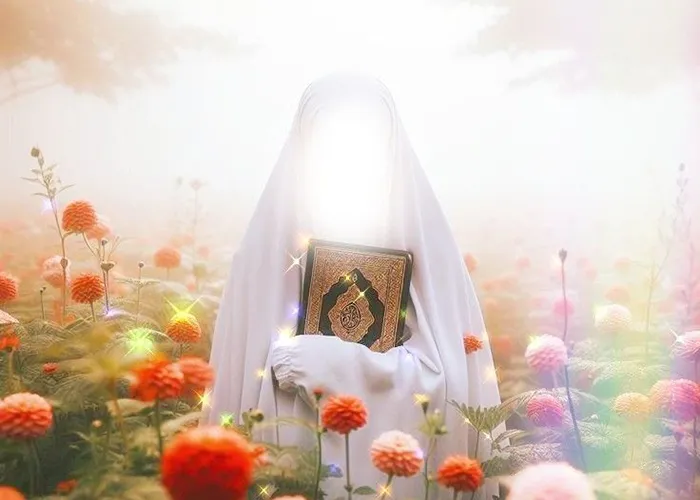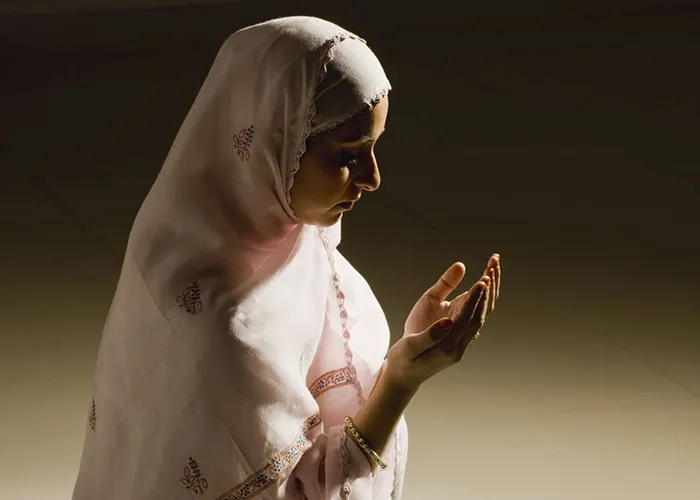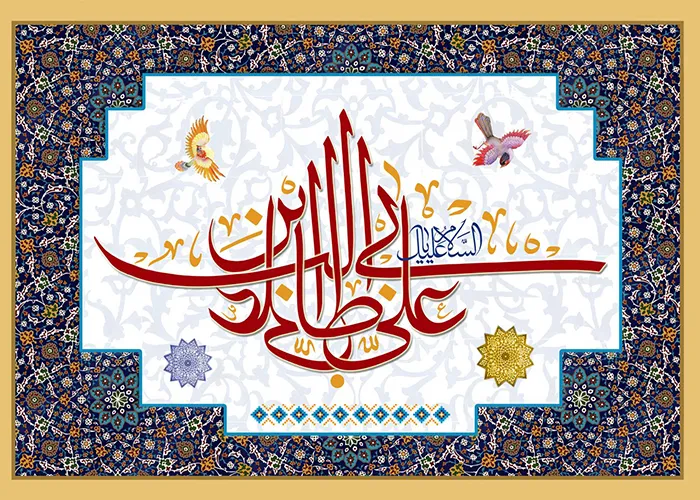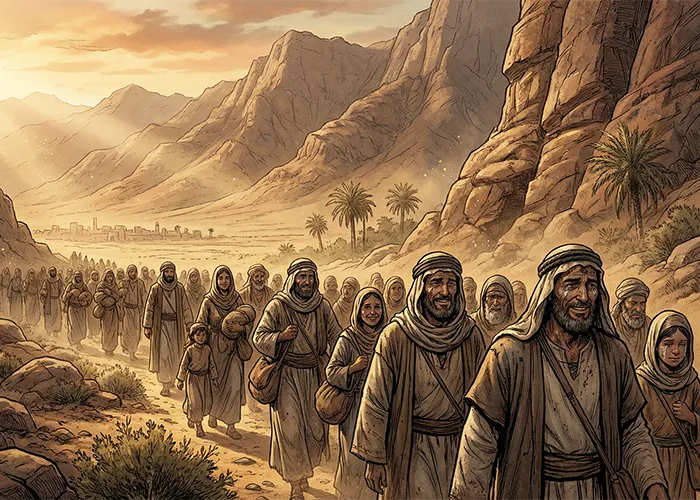Editorial – volume01 Issue22
Islamic Insights on Philosophy and Women’s Dignity
The week spanning 20th to 26th November brings occasions that inspire reflection on profound philosophical ideas and universal human rights. From the celebration of World Philosophy Day on 21st November, which highlights the intellectual contributions of Islamic philosophers, to the International Day for the Elimination of Violence against Women on 25th November, which underscores the Islamic vision of justice and dignity for women, this period is rich with meaning.
In this editorial, we explore these themes, highlighting the timeless relevance of Islamic philosophy and the honourable position Islam accords to women. Let us delve into these reflections, embracing the opportunity to celebrate our shared heritage and values while charting a path toward a brighter future.
21st November: World Philosophy Day
World Philosophy Day is an occasion to reflect on the profound contributions of Islamic philosophers to the development of human thought. Islamic philosophy, deeply rooted in both rational inquiry and spiritual wisdom, has played a pivotal role in shaping the trajectory of intellectual history.
Philosophers such as Al-Farabi, Ibn Sina (Avicenna), Al-Ghazali, Ibn Rushd (Averroes), Suhrawardi, Mulla Sadra, and Martyr Ayatollah Muhammad Baqir Al-Sadr are towering figures whose works bridged the worlds of theology, metaphysics, and natural sciences. Their intellectual endeavors not only preserved the legacy of Greek philosophy but also expanded it, introducing original ideas that influenced both the Islamic world and Western thought during the European Renaissance.
Islam’s emphasis on philosophy is deeply intertwined with its pursuit of truth. The Quran encourages reflection and rationality:
“أَفَلَا يَتَدَبَّرُونَ الْقُرْآنَ“
“Do they not reflect upon the Quran?” (Surah Muhammad: 24).
This divine call to engage the intellect inspired centuries of philosophical exploration. Islamic philosophy continues to provide insights into contemporary debates on ethics, metaphysics, and the nature of human existence. As Muslims, recognizing and celebrating this heritage not only honors our past but empowers us to engage meaningfully with the intellectual challenges of today.
25th November: International Day for the Elimination of Violence against Women
An estimated 736 million women—almost one in three—have been subjected to violence at least once in their life (30 percent of women aged 15 and older). This figure does not include sexual harassment. Women who have experienced violence are more likely to suffer from depression, anxiety disorders, and other physical and mental health issues with long-lasting consequences.
On this day, it is crucial to highlight the elevated status Islam bestows upon women, a status that stands in stark contrast to the prevailing issues of violence and discrimination against women in the world today.
Islam views women as equal partners in faith, responsibility, and spirituality. The Quran emphasizes their dignity and rights:
“وَلَقَدْ كَرَّمْنَا بَنِي آدَمَ“
“We have certainly honored the children of Adam” (Surah Al-Isra: 70).
Prophet Muhammad (PBUH) proclaimed:
“خَيْرُكُمْ خَيْرُكُمْ لِأَهْلِهِ“
“The best of you are the best to their families” (Tirmidhi).
Fatemeh al-Zahra, the revered daughter of Prophet Muhammad (PBUH), serves as an enduring role model for women in the modern world, embodying qualities of unwavering faith, resilience in adversity, profound wisdom, and an unyielding commitment to justice and compassion, offering timeless guidance for navigating the challenges of contemporary life.
Furthermore, two notable Quranic examples of women as role models are Asiya, the wife of Pharaoh, and Maryam (Mary), the mother of Prophet Isa (Jesus). The Quran states:
“وَضَرَبَ اللَّهُ مَثَلًا لِلَّذِينَ آمَنُوا امْرَأَتَ فِرْعَوْنَ“
“And Allah presents an example of those who believed: the wife of Pharaoh…” (Surah Al-Tahrim: 11).
“وَمَرْيَمَ ابْنَتَ عِمْرَانَ“
“And [the example of] Mary, the daughter of Imran…” (Surah Al-Tahrim: 12).
In contrast, modern Western cultures often commodify women, reducing their value to appearances or economic utility. This objectification is far removed from the Islamic vision of women as honored individuals with intrinsic worth. Muslim communities must celebrate and preserve these values, promoting a culture that safeguards the dignity and rights of women as integral members of society.
Last word
This week brings us an opportunity to reflect on the immense heritage of Islamic thought and the honorable status of women in Islam. By understanding and celebrating these values, we can strengthen our connection to our faith and contribute meaningfully to the world around us. Let us cherish and uphold these legacies as guiding lights for a brighter future, Insha’Allah.
news via inbox
Subscribe to the newsletter.




